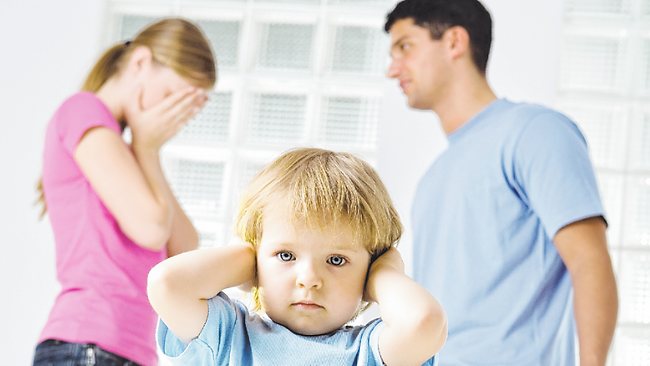Your Children – Do You Have Rights or Responsibilities?

With divorce rates in the UK remaining high and many parents choosing to co habit rather than get married, a relationship break down can often result in complicated situations in relation to a couples’ children
It’s a commonly held misconception that parents have ‘rights’ over their children. Martin Boniface, a Family Law solicitor at leading and award winning regional law firm Pictons says “I am told almost on a daily basis by one of my clients that as the child’s mother or father they have ‘rights’ in relation to their children when their partnership breaks down. While the idea of equal rights for parents should be lauded, and campaigners such as Fathers 4 Justice have succeeded in raising the bar with their high profile activities, culminating in ‘Batman’ and the banner on the iconic Buckingham Palace balcony, they still haven’t been able to change the law.
“The 1989 Children Act states that parents have a responsibility to ensure that a child is housed, kept safe and cared for in a proper manner. This is known as ‘Parental Responsibility’ or ‘PR’ for short. Should a parent feel that the child’s best interests are not being looked after, they can make an application to court. The subtle differences between rights and responsibilities play a big part in Children Act proceedings.”
Mothers gain automatic Parental Responsibility when their child is born. The Children Act 1989 sets out that, should the child’s father be married to the child’s mother (at the time the child was born), then he will gain parental responsibility as an automatic right. However, if the parents are unmarried, then the father can only obtain Parental Responsibility in certain circumstances, either through marriage to the mother, being present at the time of signing of the birth certificate, through consent or through a court order.
On a daily basis TV presenter Jeremy Kyle shows how complicated and emotional it can be to find out who is the natural father of a child. This can, at times, cause issues over who is can or can’t make an application to court in relation to the child. While not impossible, having to prove PR can be a significant stumbling block to an application being allowed by a court and often delays the proceedings.
It can also become an issue when dealing with incidents involving the child such as taking the child to hospital, discussing the child’s progression with their teacher, making a decision on which faith the child is brought up following or taking the child abroad on holiday. Only someone with Parental Responsibility will be allowed to voice an opinion or challenge a decision, without seeking permission from the court first.
Martin concludes “Parental Responsibility is the answer to Batman’s banner. It conveys the Responsibility upon each parent to set out what is in the child’s best interest, which should always be the court’s paramount concern in dealing with all matters involving children. While it’s usually clear when a father has, or hasn’t got Parental Responsibility, it is one of the most important factors to decide before an application can commence.
“An unmarried father will not be barred from making an application to court to obtain Parental Responsibility, but this can be a long and arduous process and the first step should always be to discuss this with the child’s mother and come to an agreement between yourselves. However, as Fathers 4 Justice would say, this often is impossible and the only option is to take legal action to get fair access to their children.”
If you find yourself in a situation which seems to be spiralling out of control or you need the help of a Solicitor regarding children issues then please contact Martin or one of his team on 0800 302 9448 or email martin.boniface@pictons.co.uk